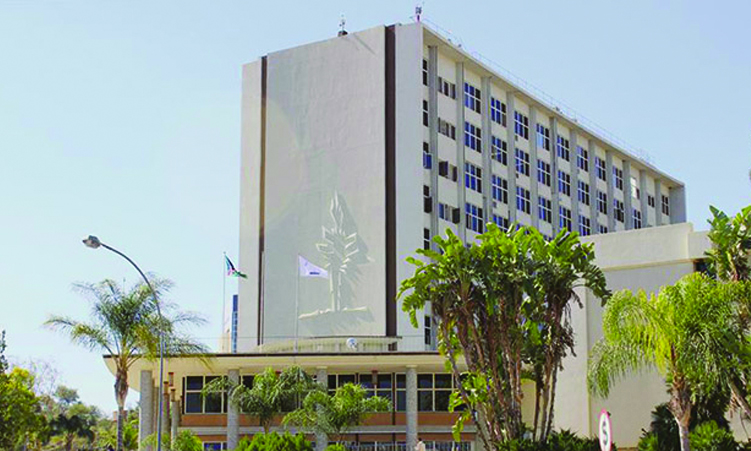The City of Windhoek has hiked its water, sewage and refuse collection tariffs by at least 4,5%.
The municipality published its new rates and taxes on Thursday.
City of Windhoek spokesperson Harold Akwenye last week said the increases are due to hikes in production costs.
“We have had increased costs associated with electricity tariffs, and the cost of reclaimed water has also increased as a result of increased production costs,” Akwenye said.
The city has also increased the interest rate for land sales by 15%.
“The interest rate for land sales is adjusted accordingly as per the financial institution of the Municipality of Windhoek,” a statement reads.
The city, which has been struggling to recover residents’ debts, recently enlisted the services of RedForce Debt Management to collect outstanding water and electricity payments.
The City of Windhoek is owed N$1,2 billion by residents, government ministries and businesses collectively.
Refuse removal for residential homes, businesses and industries has increased by 5%.
This includes the removal of carcasses, the rental of wheelie bins, and the disposal of hazardous waste at the Kupferberg landfill.
The city says it has collected N$127 million through waste management fees since 2017.
Penalty tariffs have increased with 4,5% after the municipality last month announced restrictions on the use of water as part of a drought response plan.
Minister of agriculture, water and land reform Calle Schlettwein and minister of urban and rural development Erastus Uutoni recently raised concerns about the municipality’s ability to handle increasing pressure on the sewerage system.
Uutoni said the city’s informal settlements already experience overflowing sewage.
“If you go to Havana, the population is increasing without sanitation. I am told the ponds there are now becoming full and are overflowing, and our people are staying there,” he said.
Schlettwein said the ministry, together with NamWater, have taken over the financing and partial operation of the much-needed reclamation and sewerage works.
“Our capital city has lost the capability to manage sewerage. A dam you use for freshwater supply, the Goreangab Dam, is a large sewage pond. And that sewage spills into the Swakoppoort Dam.
“We are messing up crucial freshwater resources through the inability to manage sewerage in our capital,” he said.
The highest increase announced is 14% for employee parking in the capital.
Some Windhoek residents, who opted to remain anonymous, say the municipality needs to improve its services
“There must be value for money,” one resident said.
Another resident said they are barely surviving, particularly with increasing interest rates on top of their mortgages.
“I think it’s inconsiderate towards the consumers whose disposable income is becoming less and less,” said the resident.



Leave a Reply